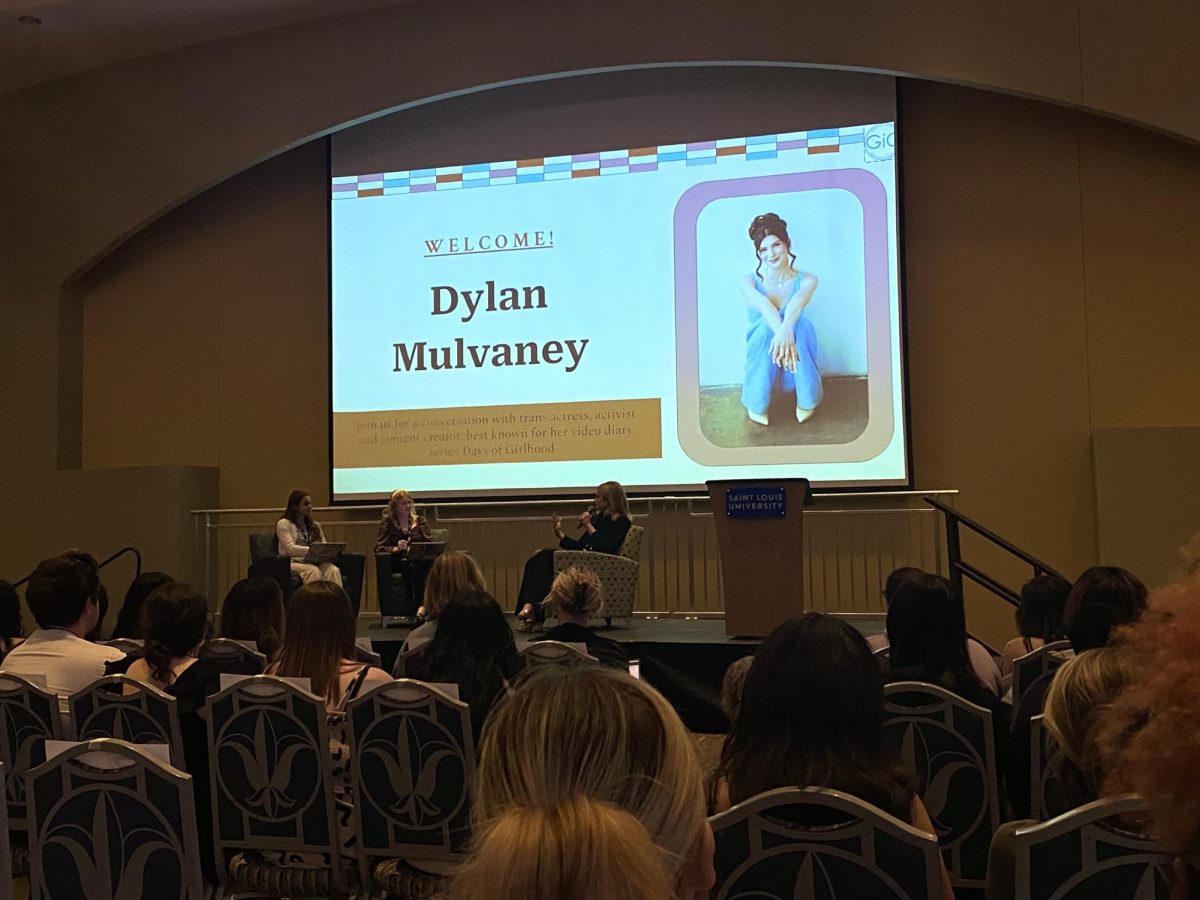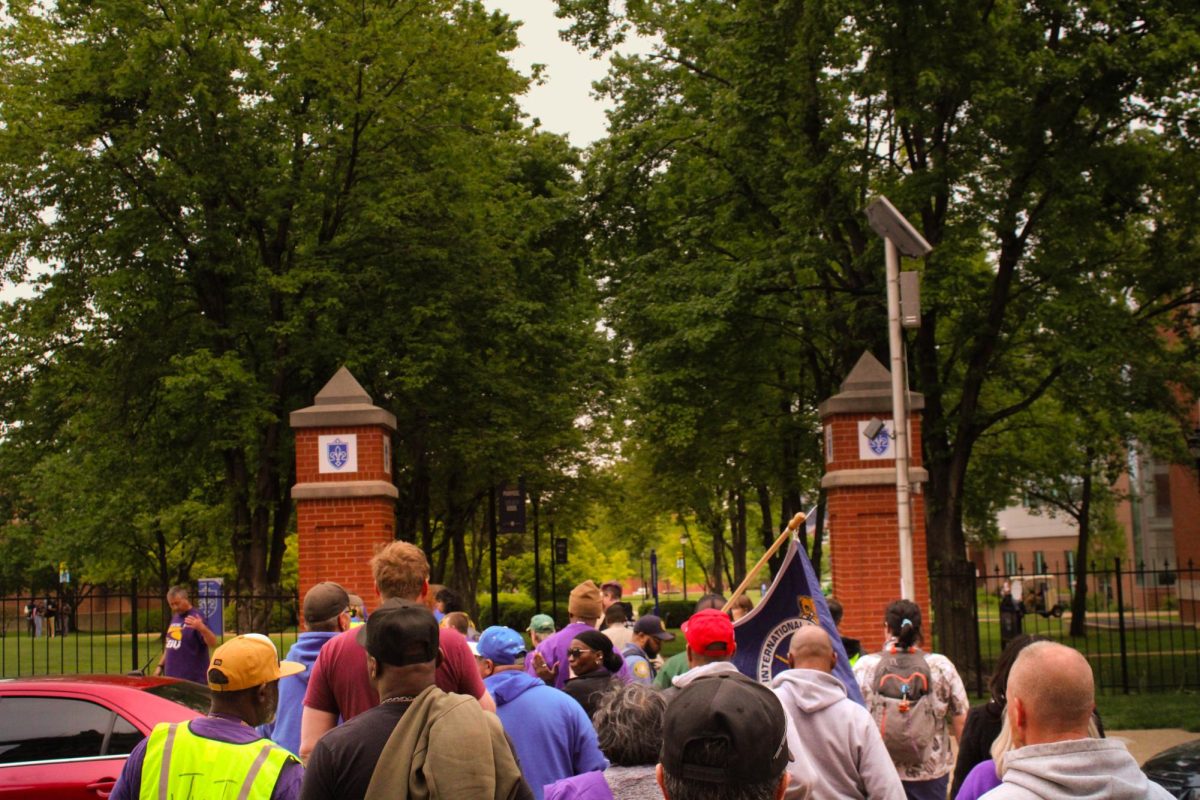The battle to prevent the spread of H1N1 may be coming to a close with the first shipments of a vaccine expected in early October.
Saint Louis University’s Center for Vaccine Development continues to test the vaccine as a part of a national clinical trial sponsored by the National Institute of Health.
“The idea of the vaccine is to prevent the disease from spreading. It will help if it is effectively distributed in a timely fashion,” Sharon Frey, professor of infectious diseases at SLU School of Medicine and lead investigator for one of the national research studies, said.
As of 3 p.m. on Sept. 23, SLU has had 339 students with consistent symptoms of the virus, with 49 of those were confirmed cases of H1N1.
The virus has been on campus for three weeks and the number continues to rise as last week the University had 270 suspected cases.
“Who knows how long this will last, but we haven’t seen the last of the flu,” Vice President of Student Development Kent Porterfield said.
The SLU Center for Vaccine Development has been carrying out tests on various types of potential vaccine patients.
Currently, the center is enrolling 20 pregnant women in their 18-to-30-week period of gestation between the ages of 18 to 39. The center is also following up with patients who received the first round of vaccine trials.
“We are finding that the antibody response is similar to the regular seasonal flu, which is very good news,” Frey said.
The U.S. Food and Drug Administration has approved the use of one dose of the current vaccine for persons 10 years of age and older. The vaccine will be procured and purchased by the federal government and vaccinators will receive the vaccine at no cost.
“The government has purchased all of the vaccine and will provide it to the public for no charge,” said Robert Belshe, director of the Center for Vaccine Development at SLU School of Medicine and co-investigator for several of the national research studies. “Exactly what that means for St. Louis is that we don’t know how it will be exactly distributed yet.”
The five target groups, according to these recommendations by the Center for Disease Control and Prevention’s Advisory Committee on Immunization Practices were pregnant women, people who live with children younger than six months, health care and emergency medical services personnel, people between the ages of six months to 24 years and people 25 to 64 years old.
“I think it is extremely remarkable that the government and pharmaceutical companies could make and test this vaccine in this amount of time,” Frey said. “This process usually takes a year and this vaccine has been produced in under that amount of time.”






